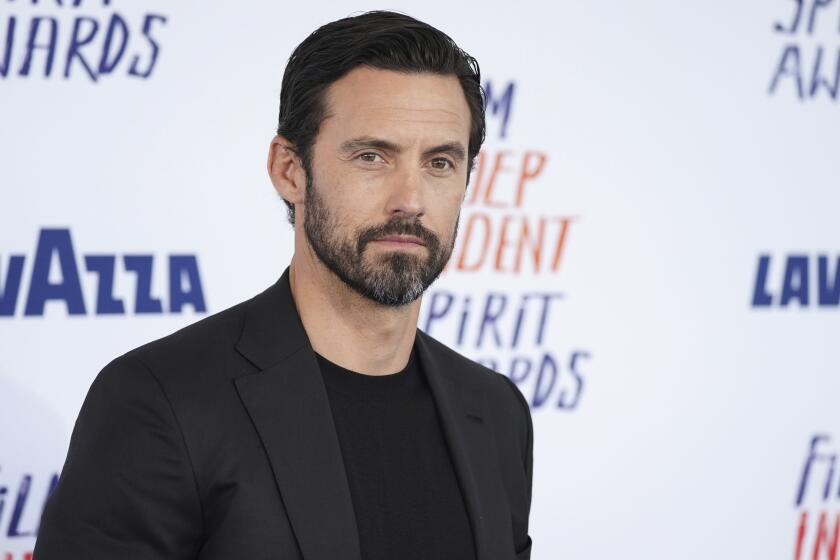Reality Shows: A Form of Therapy for Viewers?
- Share via
CBS has hit the jackpot with its summer smash “Survivor,” in which two teams of civilians are put on an island with not much more than the clothes on their backs and a camera crew earning triple time. That series was joined last week by “Big Brother,” where the implied theme is maybe-we-can-catch-someone-doing-something-naughty. Each combines the best of soap opera and game show.
Both program formats originated in Europe, where they’ve done quite well. The original Dutch version of “Big Brother,” for example, garnered nearly 50% of the viewing audience and made the participants national celebrities. In Germany, the viewership among the young audience (ages 14 to 29) tripled during its version of the show.
OK, so we get why the network is interested in this type of programming. But why do we, the public, so enthusiastically tune in to watch other people’s lives?
Some years ago, I lived in an apartment in West Hollywood. One sleepless evening, I stood at the back window and found myself captivated by watching a young man come into the alley, step up onto the gas meter and peer into the bathroom of the woman’s apartment across the way. After about 15 minutes, the light in the bathroom went off, the guy climbed down from the meter and disappeared back into the night.
The distance from my apartment gave the act an unreality, and I watched him watch for longer than I should have. What surprised me when I thought about it later was that I wasn’t shocked. I didn’t feel any sense that I was witnessing the violation of another person’s privacy. It seemed benign, yet I became aware of myself as part of this act of voyeurism.
Brian Lowry (“Why Are We Awash in the Soapy Seas of ‘Survivor’?,” June 13) seems to feel that while these programs may be unfortunate creatively and the media have too eagerly reported on them as news events, the viewing audience “ultimately . . . get the television they deserve.”
Perhaps a more considered view comes from Jeffrey Rosen, an associate professor at the George Washington University Law School and author of “The Unwanted Gaze: The Destruction of Privacy in America” (Random House). He suggests that this rush toward exhibitionism-voyeurism is a homeopathic remedy for the diminution of our privacy--exhibitionism as a form of self-help.
Rosen finds this apparent need for exposure distressing because it seems to imply a changing sense of the “self.” Where once one was only deeply known by friends and family or, more profoundly, through prayer, by God, now the self is primarily exerted through celebrity. There is now the belief that exposure leads to authenticity. According to Rosen, there used to be a distinction between fame and infamy; now either will do.
Two decades ago, Jerry Rubin, the defrocked antiwar activist, encouraged us to co-opt the opposition by joining the capitalist pursuit with counterculture ideals. Now Viacom-owned CBS has grabbed Rubin’s idea and gone one better. Why waste time niggling over the social implications of privacy in the face of overwhelming technology? Desensitize the populace with a soap opera in a game-show format. Make personal invasion a national pastime.
In his column, Lowry lays equal responsibility on the public who watch these shows, because they “willingly [consume] the TV equivalent of junk food.” But if the major supermarket chains only carry cupcakes and lunch meat, you can’t complain that the general population doesn’t seem concerned with nutrition. The media love the influence they exert, but hate the responsibility.
Rosen is distressed by this rush to exposure. Can the genie be put back in the bottle? He says there is no hope unless people care. But better technology, better special effects, abetted by the immediacy of the Internet experience, have conspired to raise the bar on what people require to stimulate themselves. We no longer can listen to that small, still voice within. It has been silenced by the thunder of Surround Sound.
*
Rachel Kreisel is a radio producer and recipient of a P.E.N. West writing fellowship. She lives in Los Angeles.
More to Read
The complete guide to home viewing
Get Screen Gab for everything about the TV shows and streaming movies everyone’s talking about.
You may occasionally receive promotional content from the Los Angeles Times.






